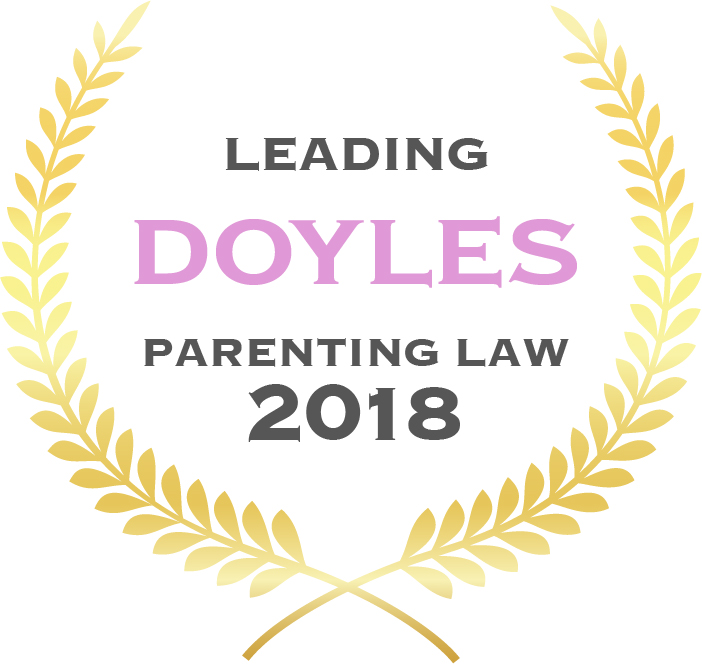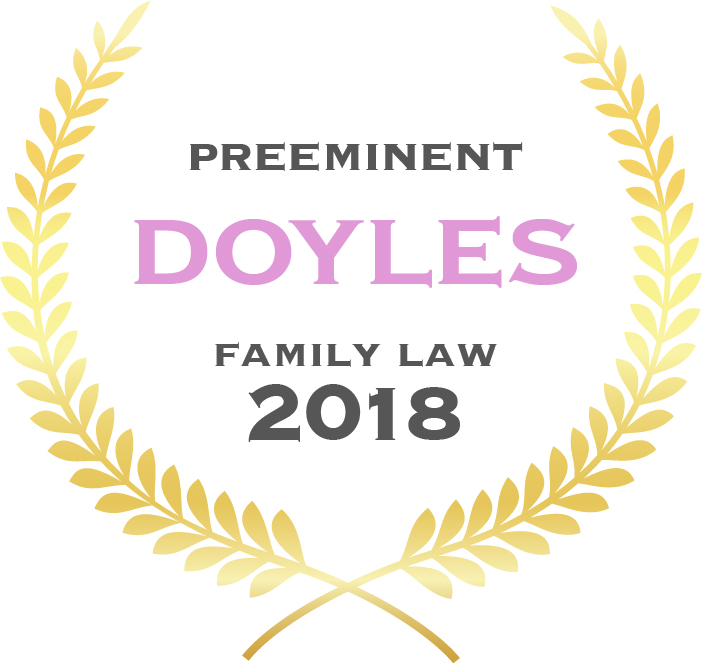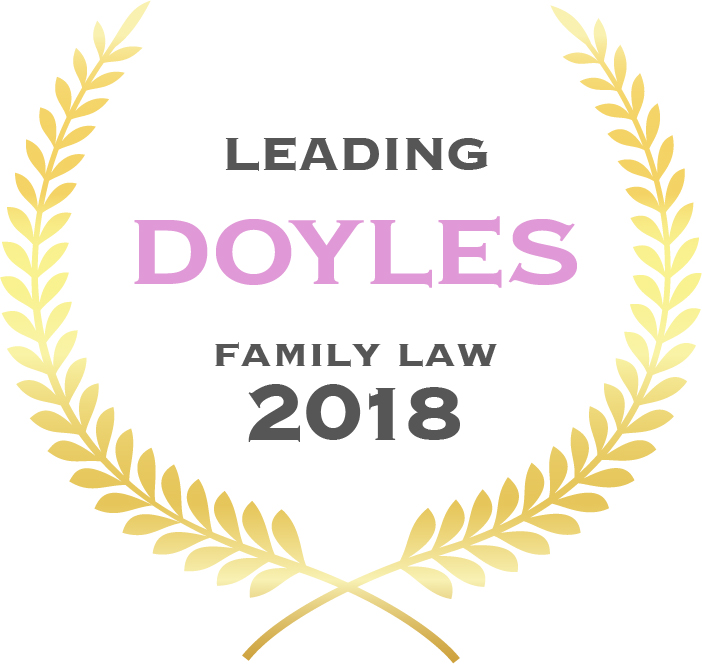In these difficult times, there are necessary changes to be made to legal services, including the operation of the Court. Please be assured that Robinson + McGuinness continues to remain open for business, but we are operating in a different way.
Managing parenting in a pandemic
The Family Law Section, Law Council of Australia, has put together ten tips for Managing Parenting in a Pandemic. You can view the article here.
ACT Child Protection Laws
Costs Orders in Family Law Proceedings
Your ex-partner has threatened to take you to Court and tells you that if they do, you will have to pay their legal costs. Is this true? This tends to be a common ‘threat’ made by people following a relationship breakdown. The likelihood of this happening, however, may not be as realistic as your former partner would like you to believe.
The importance of updating your will post separation
Estate Planning is one of those things that we know we should do, however it is often one of the things that we never get around to. Or if we do, we put it in the drawer and don’t think about it again.
But this is not the case. Your Will is something that you should review every two to three years to ensure that it still reflects your wishes. You should also review your Will if there has been a change in your personal circumstances or financial situation.
Are your contributions to a de facto relationship worth less because you are not married? The Full Court says “No”
In 2018, a Trial Judge of the Federal Circuit Court of Australia made Orders for a property settlement, in favour of the de facto husband. The outcome provided for the de facto husband to receive a significant adjustment of 75% of the pool of assets, and the de facto wife the remaining 25%.
In Whiton & Dagne [2019] FamCAFC 192, the Full Court of the Family Court overturned the decision of the Trial Judge, referring to his decision as a “‘leap from words to figures” insufficiently heralded by any reasoning”.
Family Violence in Family Law Cases
The Australian Institute of Health and Welfare reports that in 2017-18, the proportion of family law cases in which allegations of child abuse, family violence or risk of family violence was alleged rose to 30%.
There is a continuing growing awareness of family violence in the community, and recognition by the Courts of the impact that family violence can have on both parents and children following separation.
Two more feathers in our cap: Margot McCabe and Annie Visser are now Accredited Specialists in Family Law
Financial disclosure in property settlements – produce, or go to prison?
Both you and your ex-partner have an obligation to provide financial documents to each other and disclosure should be a relatively straightforward process. However, it can get tricky if one person does not want to provide certain information because they do not have it, believe the other person is not entitled to it, or are simply trying to hide something
Legal Aid Family Dispute Resolution
If you or your former partner have a grant of Legal Aid, or there is an Independent Children’s Lawyer involved in your matter, you may be eligible to participate in a mediation funded by Legal Aid.
Family Dispute Resolution is often an efficient and productive way to reach an outcome in your matter without the stress and expense of going to Court.
Robinson + McGuinness recognised again as leaders in their field in the ACT Doyles Guide 2019
Parental responsibility and schooling
Separated parents will usually share in making long-term decisions for the benefit of their children. One long-term decision relates to where a child will attend school. If parents cannot agree about their child’s schooling or one parent wants to change a child’s school without the other’s consent, parents may seek a resolution through the Family Courts.
Robinson + McGuinness recognised by peers as leaders in their field in the ACT in the prestigious Doyle’s Guide 2018 for the third year running
This month Doyle’s Guide released their 2018 listings for leading family law firms and leading family lawyers in the ACT. You can read the full listing here. We feel privileged to be named in both the leading law firm and leading lawyers categories for family law in Canberra for the third year in a row (each year since the firm’s inception). We appreciate the recognition within our legal community that the work we do is client focused and of the highest standard.
Our hard work has been spearheaded by Directors Kevin Robinson and Sally McGuinness, the tireless leaders of Robinson + McGuinness. Their hard work is reflected in their listing as two of the leading family lawyers in the ACT, Sally McGuinness being recognised as Preeminent. This is the fourth year that Sally has been personally nominated and the third year for Kevin. Kevin has also been recognised as a Leading Parenting, Custody and Children’s Matter Lawyer. You can find the full listing here.
While our Directors, Sally McGuinness and Kevin Robinson, are constantly assisting clients to achieve settlements that are tailored to their needs, family law is a team effort. That’s why we are grateful to not only be recognised as leading family lawyers in the ACT, but also as a leading family law firm. We appreciate being listed for a third year in a row, and especially for our listing as a second tier firm despite our relative youth! We are listed among our peers (and opponents) whom we respect and engage with on a daily basis. We enjoy what we do and we pride ourselves on having a positive firm culture which we extend to the clients that we service.
You can find the full listing and details of those who accompany us here.
When can my child decide who to live with?
This is one of the most common questions that family lawyers are asked by parents who are separated.
The Family Law Act 1975 and case law does not define the age for when children can decide who they live with. Generally, Courts are more likely to give greater weight to adolescent children’s views and wishes, in light of their developmental maturity in comparison to younger children. However, all family law matters are determined on a case-by-case basis and even the views of teenagers are not determinative.
Obtaining an Australian passport for your child without the other parent’s consent
Dating or De Facto: What's the difference?
The Family Court and Federal Circuit Court have jurisdiction to deal with the property of de facto couples who have separated. Separated couples however may not be sure whether they are ‘entitled’ to a property settlement, depending on whether or not they were living with their former partner.
So, you may ask, what is the difference between a de facto couple, as compared to a couple who has been dating?
The impact of relocation on a child's relationship with a parent
Keeley & Ness [2017] FCCA 644 is a recent Federal Circuit Court case concerning a mother’s application to relocate with her 7-year old son to Queensland, which was opposed by the father. The mother wanted to relocate as she was experiencing financial difficulties and had a lack of family and social support in Canberra.
Social Media and separation: Do's and Don'ts
Grandparents, Aunts or Uncles caring as parents: Should I be seeking an Order?
There are many situations that may lead to children being placed in the care of family members other than their parents. This can be through concerns for mental illness, drug or alcohol abuse, financial instability, or simply needing that extra support. But as the grandparent, aunt, uncle, cousin or family friend who has the child in their day to day care; should you consider applying for a Court Order for parental responsibility?
I’ve reached an agreement with my former partner, why do I need to meet with a lawyer?
There are many advantages of obtaining independent legal advice from a family lawyer. Most importantly, you will find out whether an agreement reached between you and your former partner is appropriate, based on your individual circumstances. There are also many practical benefits to obtaining legal advice following separation which you should take into account, including:



















